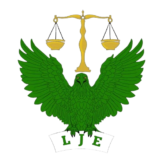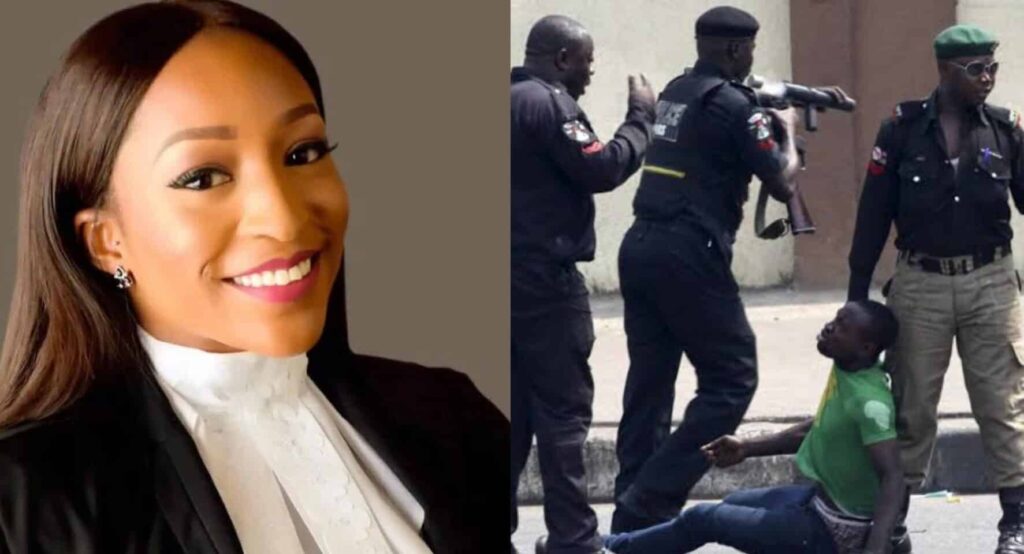Justice for Somtochukwu: The Arise News Tragedy and the State of Media Safety
The human cost of insecurity and what it means for press freedom in Nigeria
The shocking death of Somtochukwu Christella Maduagwu, a promising journalist with Arise News, has once again drawn national attention to the growing dangers of practicing journalism in Nigeria.
Somtochukwu, who was known for her quiet dedication and professionalism, was killed during a robbery attack at Unique Apartment in Gishiri Village, Katampe District, Abuja. The incident, which occurred around 3:30 a.m., also claimed the life of a security guard, Barnabas Danlami, who tried to resist the assailants.
Following intense investigations, the Federal Capital Territory (FCT) Police Command announced the arrest of 12 suspects linked to the attack. The arrests were made through an operation led by the Scorpion Squad, a tactical unit under the command of ACP Victor Godfrey, using digital and reconstructive intelligence.
But while the arrests bring a glimmer of justice, they also reignite a much broader conversation about media safety, insecurity, and the fragile state of press freedom in Nigeria.
The Larger Picture: Media, Security, and Fear
Journalism has always carried risks, but in Nigeria, those risks have escalated alarmingly in recent years. From covering insurgency in the North-East to reporting communal clashes and corruption scandals, journalists have increasingly found themselves caught between public duty and personal danger.
Somtochukwu’s killing is not an isolated tragedy. It follows a worrying pattern: reporters harassed by security agents, threatened by political actors, or targeted by criminals while carrying out their professional duties.
Media rights organizations, including the Committee to Protect Journalists (CPJ) and Amnesty International Nigeria, have repeatedly raised the alarm about rising threats to media personnel, yet protection mechanisms remain largely nonexistent.
According to a 2024 report by Media Foundation for West Africa (MFWA), over 45 cases of assault, detention, or intimidation of journalists were recorded in Nigeria between 2022 and 2024 alone — many of which went uninvestigated or unpunished.
A Reflection of a Deeper Crisis
The attack that took Somtochukwu’s life is symptomatic of Nigeria’s wider security breakdown — one where ordinary citizens, not just journalists, live in daily fear of violence.
However, when a journalist is killed, the loss reverberates beyond one life. It silences truth, dims accountability, and weakens democracy.
In democratic societies, journalists serve as watchdogs — holding power to account and giving voice to the voiceless. When they become targets, citizens lose access to unbiased information, and impunity takes root.
Security analyst Ifeanyi Okonkwo puts it plainly:
“When journalists are unsafe, the entire society becomes uninformed and vulnerable. The absence of truth is the presence of chaos.”
The Insecurity–Accountability Paradox
The irony is painful: Nigeria’s journalists routinely report on security failures, yet they often fall victim to the very vulnerabilities they expose.
In recent years, journalists have been attacked during election coverage, arrested for investigative work, and threatened for criticizing government actions.
In some states, media practitioners say they avoid stories involving corruption or local crime syndicates altogether, fearing reprisals.
This culture of fear not only undermines press freedom but also erodes public confidence in the media’s ability to tell stories that matter.
The Nigerian Guild of Editors (NGE) and the Nigeria Union of Journalists (NUJ) have both called for comprehensive safety protocols — including 24-hour emergency hotlines, insurance schemes for reporters, and better coordination between media houses and law enforcement.
The Role of the Police and the Justice System
While the swift response by the FCT Police Command deserves commendation, many observers caution that justice must not end at arrests.
Prosecutions must be transparent, timely, and decisive to send a clear message that attacks on journalists will not go unpunished.
Too often, cases like this fade from public discourse after initial outrage, leaving families without closure and perpetrators emboldened.
Somtochukwu’s case presents an opportunity for the authorities to demonstrate seriousness in protecting press freedom through accountability, deterrence, and institutional reform.
Human Stories Behind the Headlines
Friends and colleagues remember Somtochukwu as diligent, soft-spoken, and passionate about telling human-interest stories.
Her death, they say, robbed Nigerian journalism of a bright voice that had just begun to blossom.
Her final report — filed just days before the attack — focused on social justice and urban poverty in the FCT, reflecting her commitment to the underrepresented.
For many in the media industry, her story personalizes the statistics — showing that behind every press badge lies a human being risking safety to inform a nation.
The Way Forward
Somtochukwu’s death must become a turning point for how Nigeria approaches media safety and civic protection.
Beyond condolence statements, the government must institutionalize safeguards:
• Enforceable laws that criminalize attacks on journalists.
• Regular safety training for reporters, especially those covering conflict or crime.
• Collaboration between security agencies and media organizations for rapid response in emergencies.
Equally, media houses must invest in their workers’ safety — through insurance coverage, risk assessment, and trauma support for those exposed to violence.
The nation owes journalists like Somtochukwu more than sympathy — it owes them protection, respect, and the assurance that their pursuit of truth will never again be met with death.
Until that becomes reality, every reporter’s notebook remains both a tool of enlightenment and a silent target.

